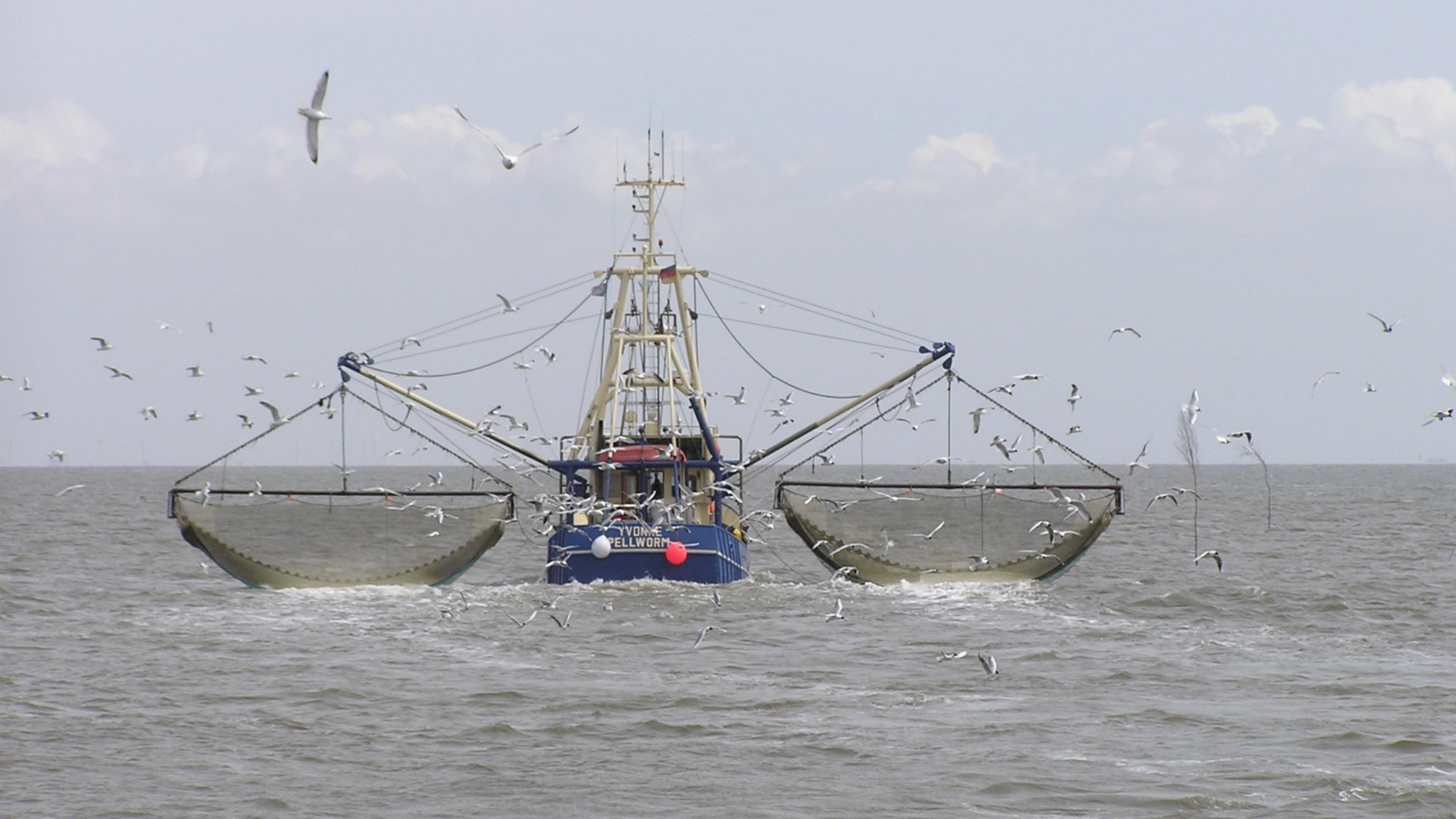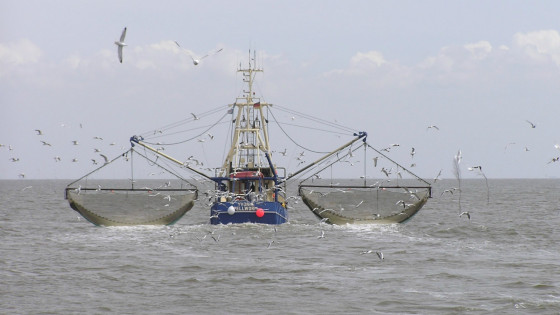Fisheries minister criticises EU plans to restrict seabed fishing


The Dutch government has criticised plans by the European Commission to tighten restrictions against seabed fishing, amid warnings it could spell the end of the shrimp industry.
The commission wants to phase in a ban on fishing on the seabed in designated conservation areas known as Natura 2000 zones, which cover around 30% of the North Sea.
Brussels says the move is aimed at protecting the marine environment from dragnet fishing, improving biodiversity and reducing the use of fossil fuels in the sector.
But fisheries minister Piet Adema wrote in a letter to parliament that the plan lacks nuance and the cabinet is ‘highly critical’ of Brussels’ proposal to outlaw all fishing that disturbs the seabed in Natura-2000 zones by 2030. Adema argued that it failed to take into account the socio-economic impact on fishing communities.
‘It is important for the cabinet to be provided with a thorough and perceptive analysis, but that is not what we see,’ Adema said.
The government intends to look for support from other fishing nations including France, Belgium and Spain, who have also criticised the commission’s plans.
Last month a letter signed by 400 fishermen and related businesses was delivered to King Willem-Alexander at Noordeinde palace warning that the sector was being choked by regulations.
One of the measures the fishermen object to requires all vessels to be fitted with a catalytic converter by October 1. They said around half the businesses could not afford the machines, which cost around €100,000 each.
Kees Taal, fisheries economist at Wageningen University, said a ban on fishing in Natura-2000 zones would be a threat to the shrimp sector. ‘Shrimp live in shallow water near the coast. In the Netherlands almost all of it is in Natura 2000 zones, so they can’t fish elsewhere because the shrimp don’t live there.’
Thank you for donating to DutchNews.nl.
We could not provide the Dutch News service, and keep it free of charge, without the generous support of our readers. Your donations allow us to report on issues you tell us matter, and provide you with a summary of the most important Dutch news each day.
Make a donation